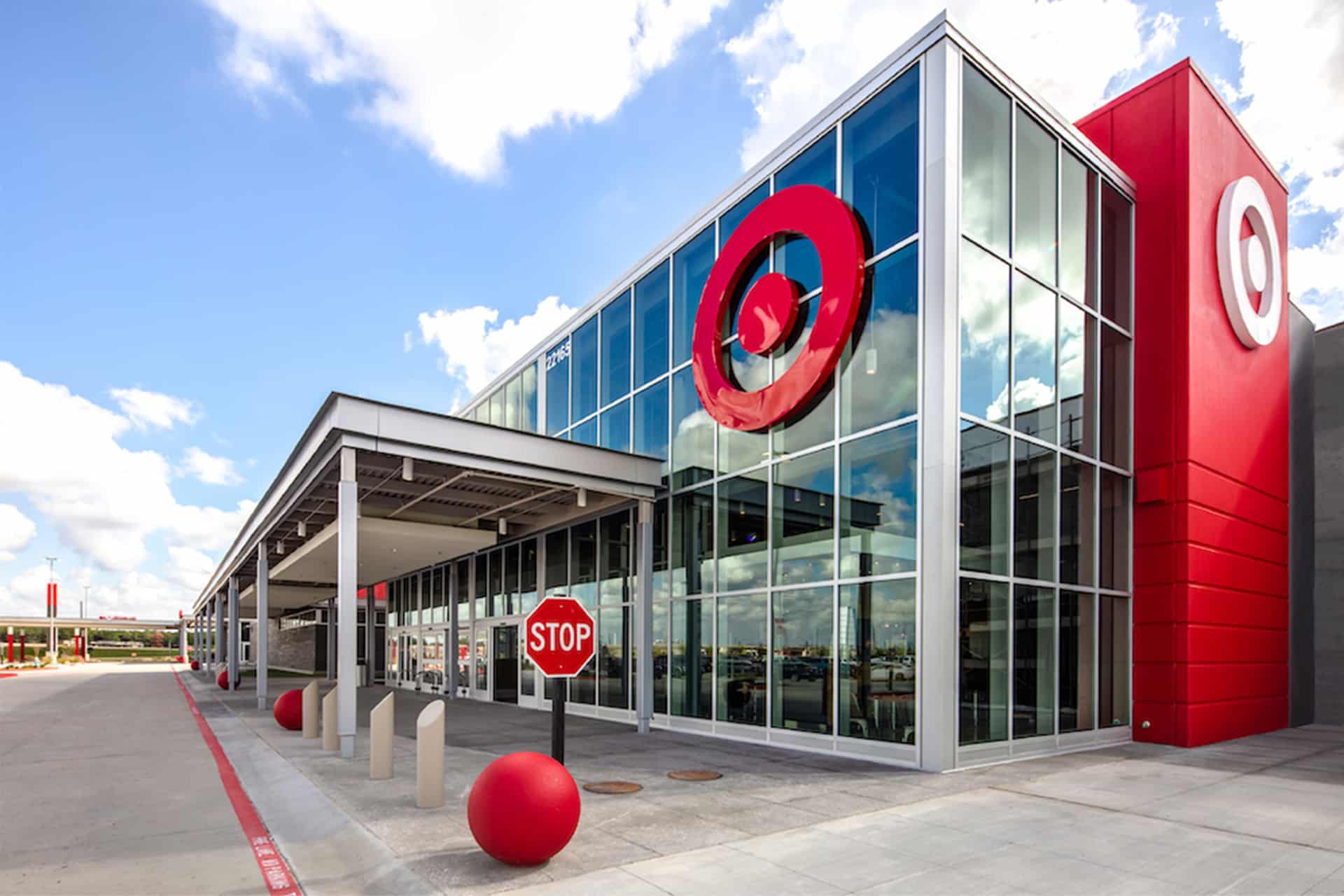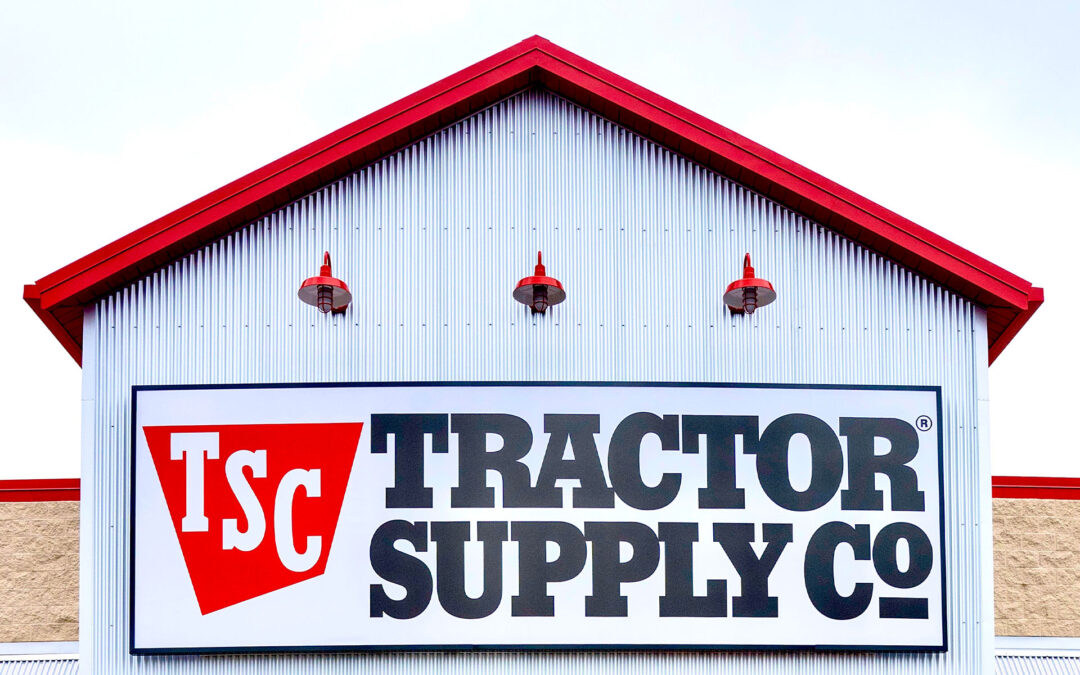In time for Earth Day, Target is touting multiple eco-friendly initiatives, ranging from own-brand design considerations to the 200-plus electric vehicle charging stations in operation to the energy used to power its almost 2,000 stores.
Amanda Nusz, Target senior vice president, corporate responsibility and sustainability, stated, “We’re springing toward our goal of designing all our owned-brand products for a circular future by 2040 with Universal Thread and Everspring. Both are slated to hit the milestone in 2025. We’re already making progress with the launch of two Universal Thread products made with yarn blended with fibers collected from used garments and manufacturing scraps. Learnings from the shrunken crewneck T-shirt and cami, developed in partnership with the nonprofit Accelerating Circularity, are helping us scale up our efforts.”
Among other eco-friendly efforts, Target’s first owned and operated returns center, operating in Upper Marlboro, MD, is now taking overstock, clearance guest returns and damaged merchandise from stores and distribution centers, sorting those products for recycling, returning to vendors, and resale. As such, the returns center program reduces how much damaged product ends up in landfills while acting as a learning lab for more ways to reuse materials in new products designed for circularity.
Meanwhile, Target’s car seat trade-in event provides the opportunity to trade in old items for a 20% off coupon toward a new car seat or select baby gear. Under the program, Target has recycled more than 2.6 million car seats, at 39.7 million pounds. It uses some of the materials collected from the trade-in to create new products and materials, including select Brightroom crates, providing another boost to the company’s circularity efforts.
In the supply chain operation, Target cut more than 35 million road miles by sending fewer, fuller trailers of product to distribution centers and stores, the company asserted. Its facilities that take online orders packaged at stores and sort them for delivery are combining multiple stops in local neighborhoods, which further cuts down on the miles packages travel to reach customers.
At Target stores, the company’s EV charging network incorporates more than 1,800 spaces across more than 220 locations, more of which are coming, according to Target. In its efforts to reach net zero emissions across the entire enterprise by 2040, Target is investing in projects across the United States, including building the largest rooftop solar array in the state of New York on a distribution center located in the town of Wilton. Target is going live this year with a 7.5-megawatt system that will provide enough electricity to power some 1,200 homes annually and eliminate Target’s electric bill at the site.
The Target store in Vista, CA, is the company’s first designed to be net-zero energy, incorporating rooftop and parking lot canopy solar panels. With more than 3,400 solar panels now fully operational, the program is successfully producing in 100% of the site’s energy needs, plus additional electricity. As of 2023, some 580 Target sites across the U.S. operate rooftop solar arrays, and the company plans more. Target is also investing in other forms of renewable energy through purchasing agreements. In Texas, Target partnered with Swift Current Energy to buy power from its Castle Gap Wind project. The deal supports Target’s 2030 goal of sourcing 100% of the electricity it uses operations from renewable sources.
In support of its net zero commitment, Target has partnered with Schneider Electric, which is educating and supporting suppliers on how to tap into renewable energy through the company’s Forward Renew program. To reduce its plastics footprint, Target is serving as a founding partner of the Consortium to Reinvent the Retail Bag, a retail industry collaboration managed by the Center for the Circular Economy at Closed Loop Partners, to eliminate single-use plastic bag waste.
In the course of its efforts, the company maintained that Target has received Energy Star’s Partner of the Year award for sustained excellence in power management.





